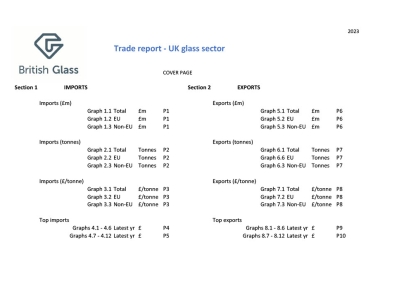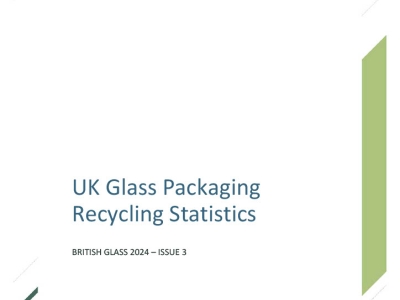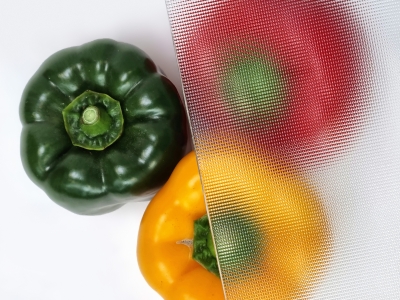Each year thousands of tonnes of flat glass (windows, facades) from building demolition and refurbishment ends up in landfill, or being used for aggregate. But that could be set to change – and save thousands of tonnes of carbon emissions – as British Glass and partners from across Europe come together on a €9 million zero-waste construction project called FISSAC.
Using recycled glass (cullet) means less raw material mining, energy use and carbon emissions. In fact, each tonne of cullet used saves around 246kg of CO2 emissions. Although it’s technically possible to recycle glass from buildings, up to now it has been difficult to prevent contamination and make the system financially viable.
“Finding ways to use more recycled glass reduces the amount of energy needed to make new glass – beneficial for the environment and for manufacturers because it reduces energy demand,” explained British Glass CEO Dave Dalton. “Also finding other uses for waste glass prevents glass from going to landfill and creates secondary markets for this extraordinary material. British Glass is pioneering a win-win relationship between manufacturing and the environment.”
The four-and-a-half year FISSAC project will map the barriers, find best practice and develop recommendations to help make the financial case for recycling building glass back to glass. For situations where glass to glass recycling is not feasible, the project will investigate using glass as an additive to cement and concrete – including full scientific analysis and testing of the materials and pilot builds.
“We know it is possible to successfully recycle building glass because it has been done in the past. If we can make recycling easier and more commercially viable, this will benefit much of the supply chain and the environment. We can only achieve this through collaboration, and we welcome companies across Europe with interests in construction, demolition and recycling to work with us,” said Valli Murthy, British Glass’ environmental adviser.
Notes
If you would like to receive updates about this project, and invitations to take part in research, focus groups and interviews here in the UK, email v.murthy@britglass.co.uk with your contact details and a few lines about your interest.
Find out more about the project as a whole at www.fissacproject.eu
The €9 million ‘Fostering industrial symbiosis for a sustainable resource intensive industry across the extended construction value chain’ (FISSAC) project, will be carried out by a consortium of 26 pan-European companies, led by Technalia. The overall aim of the project is to increase recycling of construction wastes. It will do this by working with the manufacturing, demolition and construction sectors to investigate glass, ceramic, slags, stone, rubber, plastic and wood wastes, and trial their use as secondary raw materials.
The FISSAC project has received funding from the European Union’s Horizon 2020 research and innovation program under grant agreement no 642154


